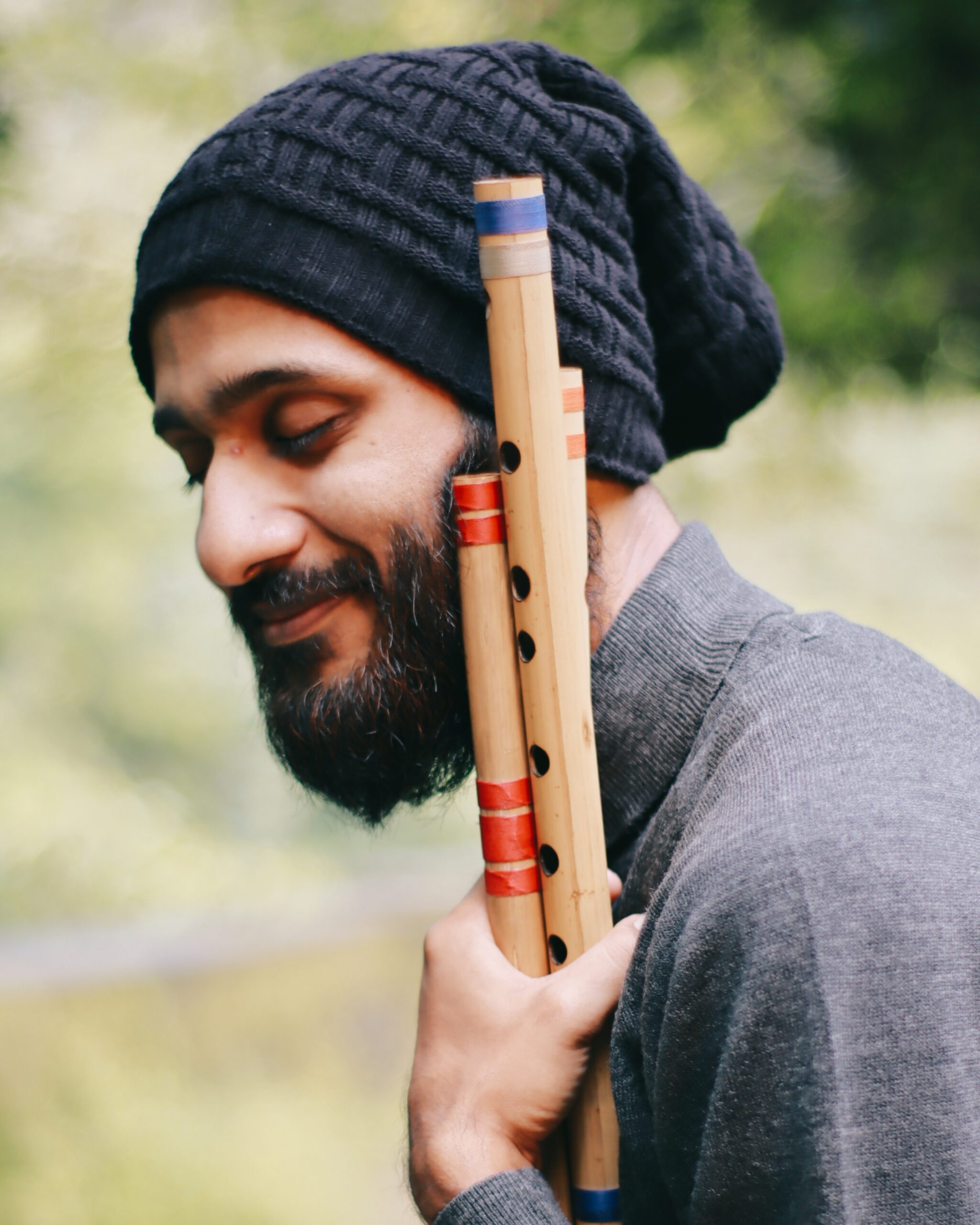To excel at the flute, you don’t really need to be born talented. Really, all you need is a lot of practice and dedication. With these two, anyone can learn to play the flute proficiently. You are in the proper area if you want to acquire this level of skill. You need to be aware of your final goal before starting a journey like this. Individuals pick up the flute for a variety of reasons.
Here are a few tips to improve your flute learning skills.
Stick to the basics.
Choose the fundamental classes and spend 80% of your practice time on them. Even maestros with decades of flute experience spend a lot of time honing their fundamentals. As you advance, learning complex concepts becomes simple for you since you are strong in the fundamentals.
Be consistent and disciplined.
The most crucial thing to do when you’ve established a specific objective for yourself is to persevere. Attend practice every day and regularly sit down and work on your lessons.
Apparently, less is more.
I’ve come up with a list of some of the most typical practice errors that new players—and undoubtedly even seasoned players—commit after having an idea and polling the audience. Start by making the workouts simpler and deliberately practicing “little by little.”
According to cognitive science, people learn best when they take slow, incremental steps. A project that is too challenging all at once increases the likelihood of failure, which lowers drive and enjoyment. Use this as a guide: rethink what you’re doing and temporarily make it simpler if you start a piece and run into substantial and persistent issues.
Follows the 80/20 Rule
The 80/20 rule is a well-known economic principle that also has practical applications. According to this theory, in order to achieve your intended results, you need to become completely committed to practicing just 20% of “things” rather than “everything.” When I posed this 20% issue to a group of seasoned flute players, there was unanimous agreement on these fundamental abilities:
- Embouchure
- Scales
- Long tones
- Breathing and breath support
Unlock creativity with repetition.
Although it might seem counterintuitive, repetition can foster creativity. Your conscious mind is freed up to engage in more creative thinking while you are unconsciously using your core competencies. In reality, creativity is just practice.
Focus on bright spots rather
I’ve come up with a list of some of the most typical practice errors that new players—and undoubtedly even seasoned players—commit after having an idea and polling the audience. Gaining proficiency at tasks we are unable to perform yet is a clear motivation to practice.
Begin by identifying the aspects of flute playing in which you excel! While not every player possesses the same strengths, practicing your bright spots in a group context can be especially helpful.
Conclusion
Apparently, outdated procedures are not used today. But if these exercises are effectively carried out, they can greatly improve your flute playing. Many people have the assumption that once we reach a certain level of mastery, we should no longer need to practice. But the very best flutists understand that developing solid playing habits, addressing the instrument as a modest “expert beginner,” and being a committed lifelong learner are the keys to being great.
One of the difficulties you may encounter when learning flute techniques from online flute classes is determining the best method of practice. Visit Krishnaflute.com for additional learning resources and advice for best method of practicing and improving the skills
Krishnaflute.com

